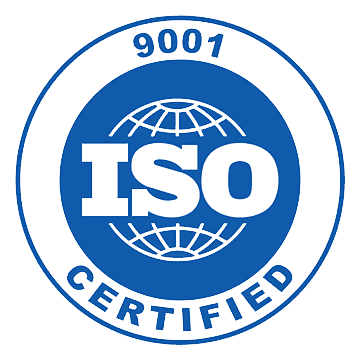
J-STD-001 is a standard issued by IPC for soldered electrical and electronic assemblies. The standard specifies material specifications, process requirements, and acceptability criteria. In this blog post, we’ll explore the essential aspects of J-STD-001, empowering you to achieve cutting-edge electronic assemblies built to withstand the test of time. Let’s get started!
- Understanding J-STD-001
- Key Elements of J-STD-001
- Soldering Processes
- Materials and Requirements
- Solder Joint Acceptance Criteria
- Workmanship Standards
- Why J-STD-001 Matters in the Electronics Industry
- How Corintech Complies with J-STD-001
Understanding J-STD-001
J-STD-001 is a widely recognised and highly respected standard that encompasses the assembly and soldering of electronic components on printed circuit boards (PCBs). It plays a vital role in the electronics industry by providing comprehensive guidelines for the manufacturing process, from selecting appropriate materials to establishing acceptable workmanship standards
Key Elements of J-STD-001
1. Soldering Processes
J-STD-001 outlines approved soldering methods for different types of components, including surface mount devices (SMDs), through-hole components, and fine-pitch components. By following these guidelines, electronics professionals ensure that solder joints are of high quality and exhibit reliable performance.
2. Materials and Requirements
The standard specifies the types of materials that should be used in the soldering and assembly process, such as solder alloys, fluxes, and cleaning agents. Employing the right materials is essential to achieving well-formed solder joints and enhancing the overall longevity of electronic assemblies.
3. Solder Joint Acceptance Criteria
J-STD-001 provides visual acceptance criteria to evaluate the quality of solder joints. These criteria help professionals determine whether solder joints meet the standard’s requirements for performance and reliability.
4. Workmanship Standards
To maintain consistency and uniformity across manufacturing operations, the standard defines acceptable workmanship for soldering and assembly processes. Adhering to these standards ensures that every step of the manufacturing process meets the highest quality levels.
Why J-STD-001 Matters in the Electronics Industry?
In the competitive world of electronics manufacturing, J-STD-001 plays a pivotal role in ensuring product reliability and customer satisfaction. By adopting this standard, electronics professionals can improve the quality of their products, reduce defects, and enhance the overall efficiency of their manufacturing processes.
How Corintech Complies with J-STD-001?
At Corintech, we take great pride in our commitment to producing first-class electronic assemblies. By strictly adhering to J-STD-001, we ensure that our soldering and assembly processes meet the highest industry standards. Our dedicated team of skilled professionals follows the guidelines laid out in the standard to deliver electronics products that are not only high in performance but also built to last.
In conclusion, J-STD-001 is the go-to standard for achieving quality electronic assemblies in the electronics industry. By understanding and implementing the key elements of this standard, professionals can elevate the reliability, durability, and overall excellence of their electronic products.
At Corintech, we stand behind the principles of J-STD-001, ensuring that our electronics manufacturing processes consistently meet and exceed the highest industry standards, delivering products that meet our clients’ expectations and beyond.




